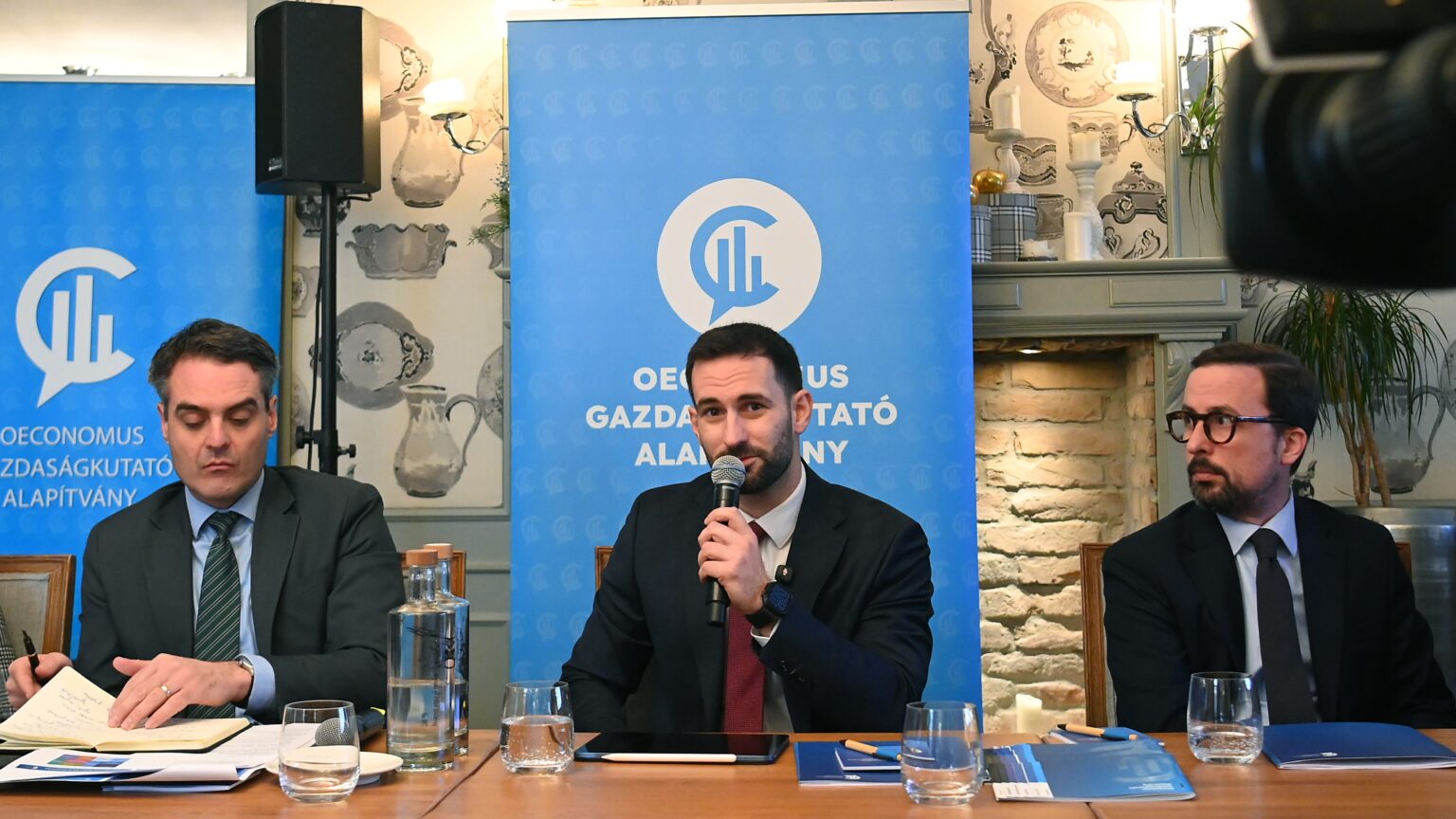
Hungary expects stronger growth in 2026, driven by rising consumption, improving sentiment and an investment rebound in the second half, according to André Palóc of the Ministry of National Economy. Speaking at an Oeconomus event, he cited falling prices after retail mark-up cuts, winter utility protections and major family tax and housing programmes, as analysts forecast 2–3 per cent GDP growth.
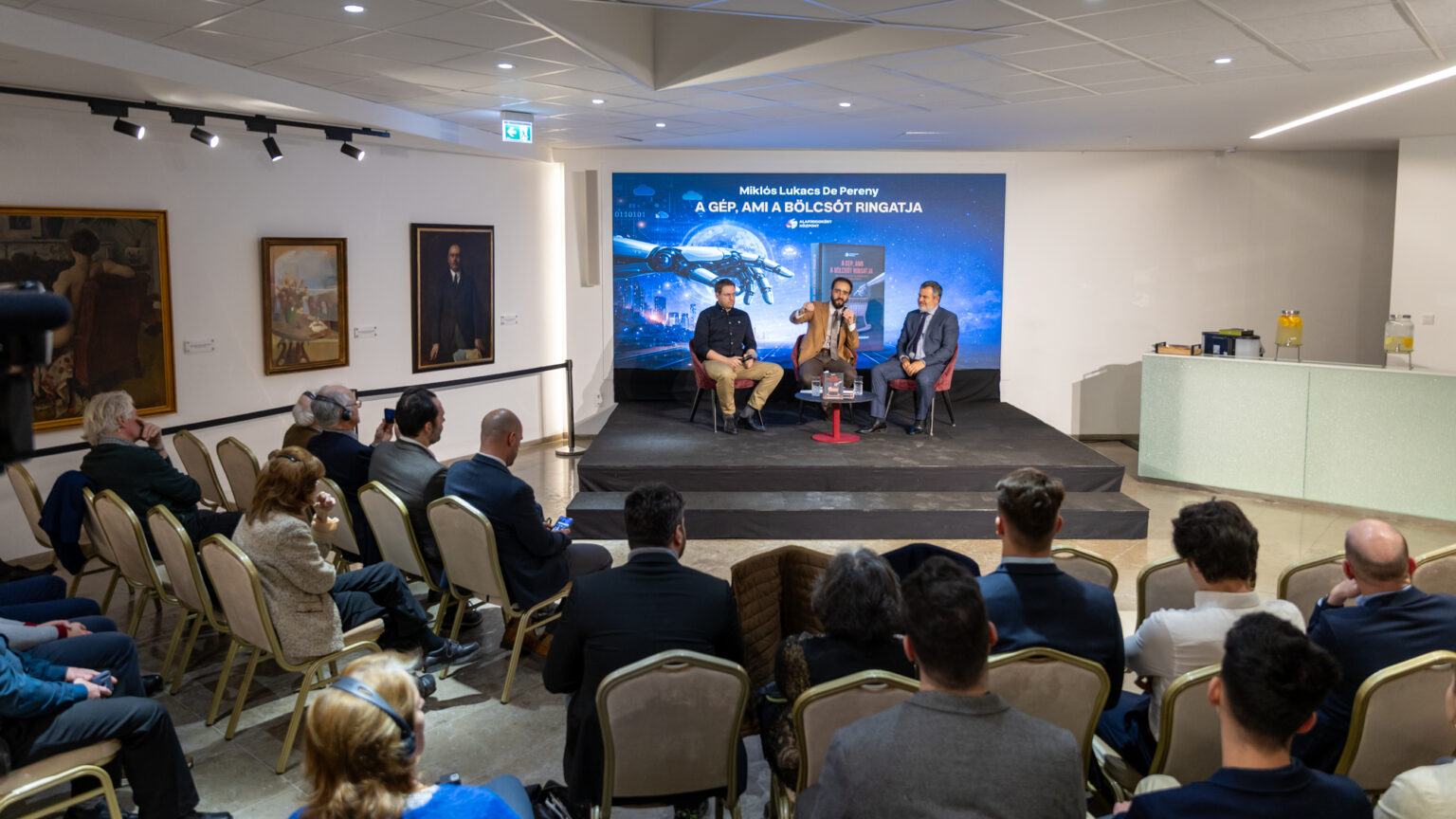
The publication of Peruvian author Dr Vajk Miklós Lukacs de Pereny’s 2023 book in Hungarian was celebrated at a book launch event by the Center for Fundamental Rights. It featured opening remarks by István Kovács; as well as a panel discussion with futurist festival Brain Bar founder Gergely Böszörményi-Nagy and the author himself, exploring debates on transhumanism, transgenderism, and modern technology.

Leftist streamer Ian ‘iDubbbz’ Johmha has caused quite a controversy online for mocking and trying to discredit an Iranian immigrant appearing on an American reality show, who talked about the oppressive nature of the Ayatollah regime in Iran. He insinuated that, under President Trump, people are not much freer in the US than in Iran. Ironically, just a few days later, a massive wave of protests broke out against the regime in Iran.

The English Premier League club AFC Bournemouth has signed 20-year-old Hungarian midfielder Alex Tóth from Ferencváros for €12 million, a new transfer fee record in the Hungarian league. Previously, another Hungarian international, Milos Kerkez, has also played for the Cherries.
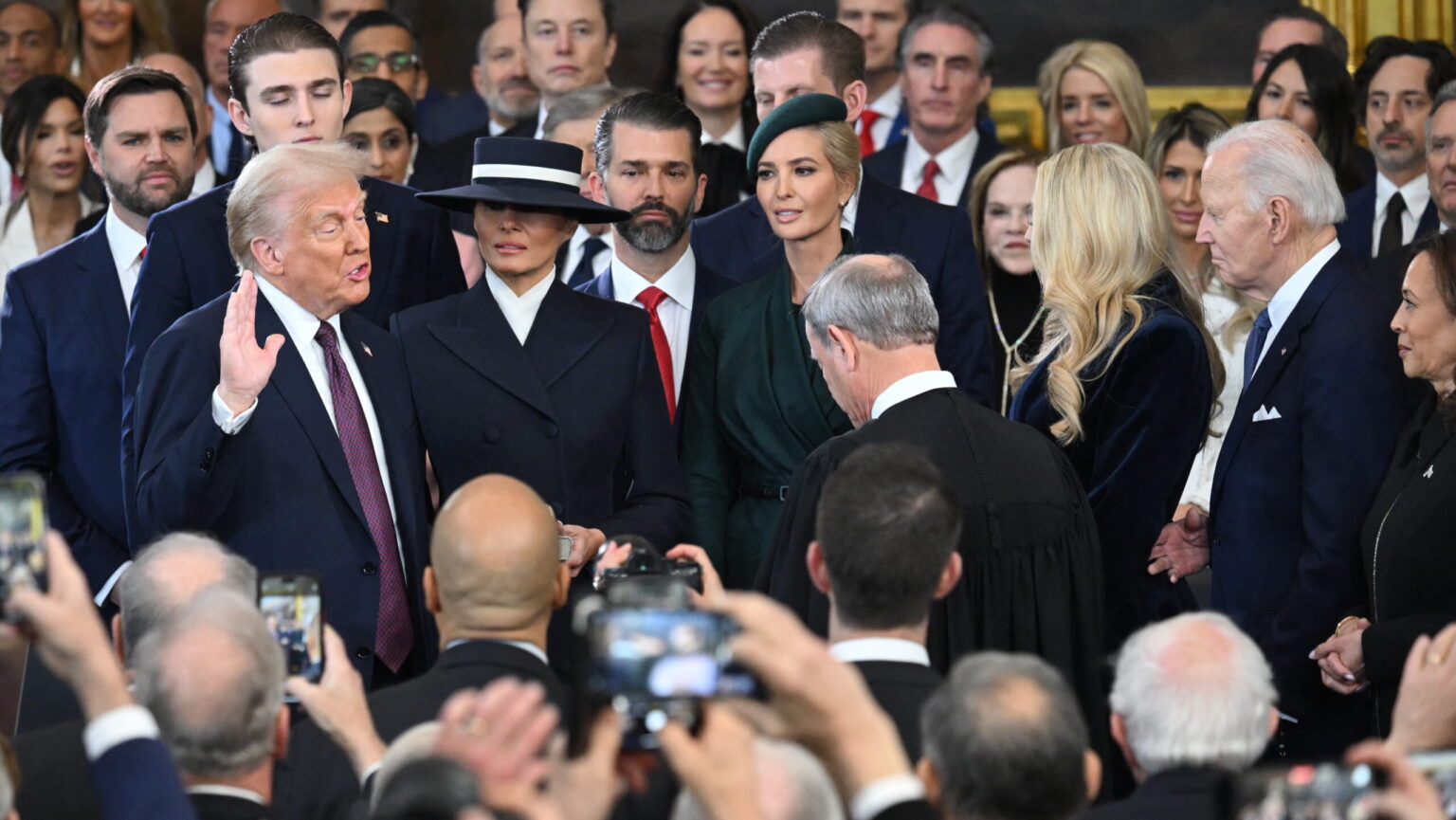
In his inauguration speech a year ago today, President Trump spoke about issues of domestic lawfare, border security, energy, peace, territorial expansion, and government efficiency. Now, one year later, it is worth examining: how has his second presidency measured up to those promises?

Hungarian students can buy a five-day Sziget Festival pass at half price if they purchase a monthly public transport pass through the BudapestGO app between 19 January and 31 July, organizers said.

A new volume titled Digital Parenthood takes an in-depth look at sharenting and the dilemmas of raising children in the digital age, analysing legal, social and media-related challenges linked to children’s online presence.

‘One of our shared intentions has been to open towards young people, but I also consider it important to increase the number of Hungarians who pray—for any cause.’

Anti-ICE protests are getting more and more intense in the progressive city of Minneapolis, Minnesota, where protester Renee Good was shot by an agent earlier this month. Videos online show demonstrators disrupting church service; and even appear to have accidentally beaten up one of their own, mistaking the unfortunate man for an ICE agent or ICE supporter.

‘Some were permitted to take shelter with relatives in the countryside, but the majority of such requests were rejected. Only in the rarest cases did deportees arrive under relatively consolidated conditions…This article will focus especially on deported families with little children, and our further articles will inspect other interesting cases as well.’

‘In addition to his role as patron of the country, the prince who died in an unfortunate accident had to wait centuries to find his place among the Hungarian saints, so that his legend could be used to inspire young schoolchildren and promote Catholicism to them.’

Hull City Council rolled out Pathways, an anti-extremism game, hoping to steer students away from so-called ‘far-right ideas’. But it didn’t go as planned. The game’s goth character, Amelia, meant to be a warning sign for nationalism, quickly turned into an internet sensation. People turned her into a meme, showing how clumsy progressive messaging gets when it paints normal patriotism as a threat.
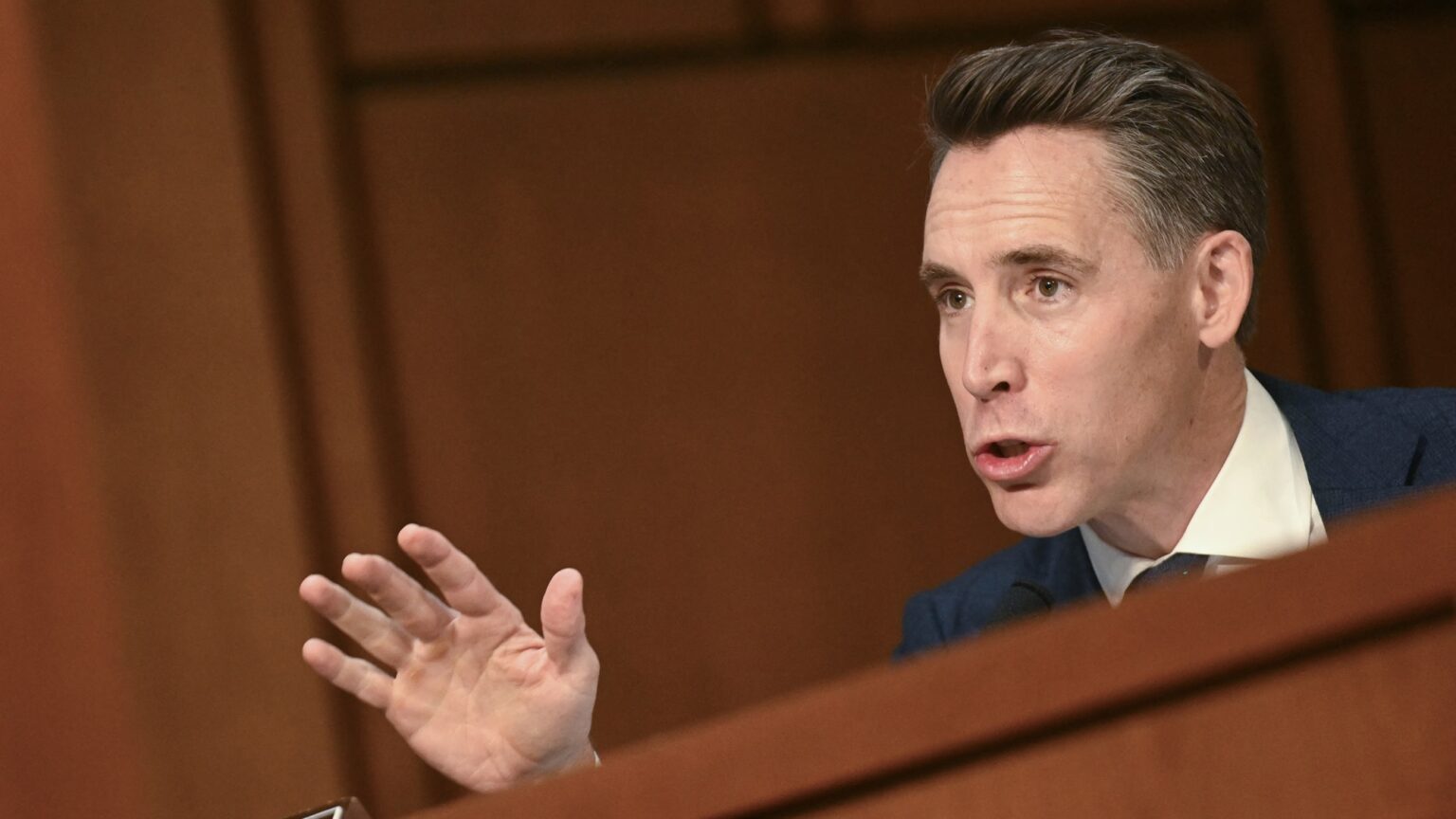
An exchange at a US Senate hearing baffled many and went viral on X. Senator Josh Hawley of Missouri was asking obstetrician and gynaecologist Dr Nisha Verma if men can get pregnant, but could not get her to give a straight answer during five minutes of questioning.
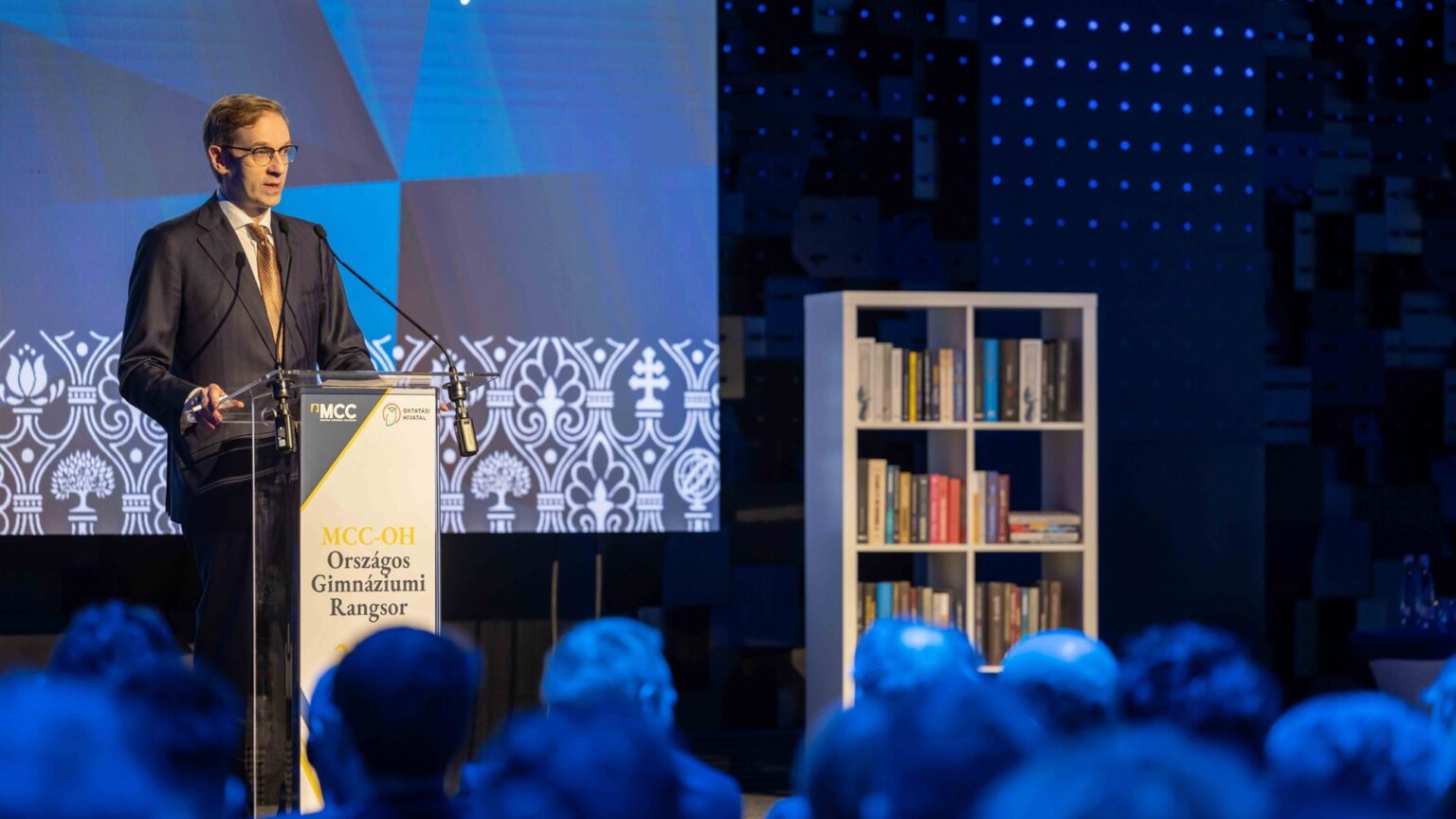
The 100 best secondary schools in Hungary were recognized and awarded at an illustrious event at the Castle Garden Bazaar in Budapest, Hungary. The data-based annual ranking was done by a collaboration between the Mathias Corvinus Collegium (MCC) and the Ministry of Interior’s Education Authority (OH).
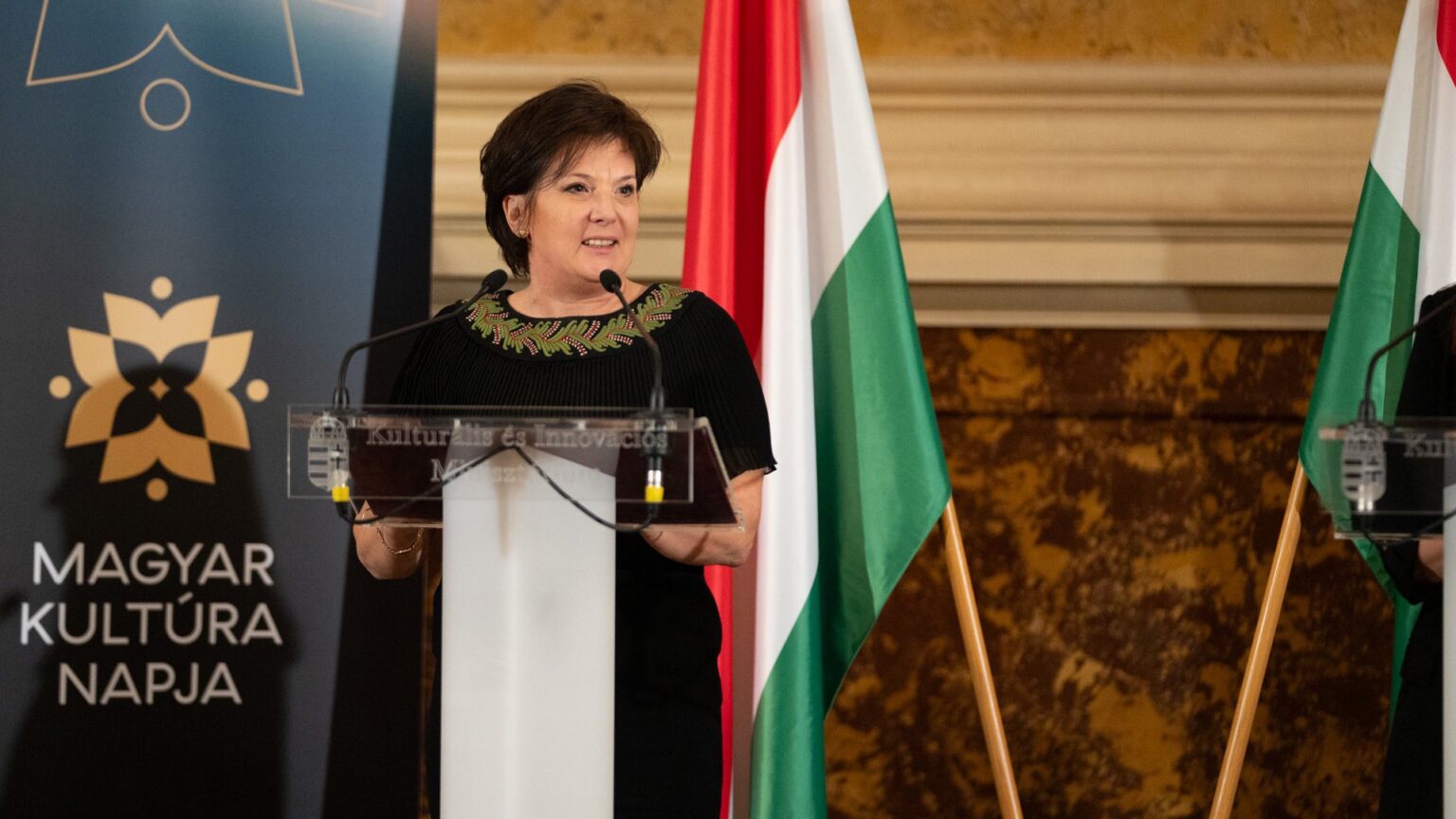
Hungary’s Day of Culture is set to become a week-long celebration from 2026, as the government launches a new Week of Hungarian Culture with an independent visual identity. State Secretary Magdolna Závogyán said institutions across the Carpathian Basin will welcome visitors throughout the week of 22 January, expanding the traditional one-day commemoration.
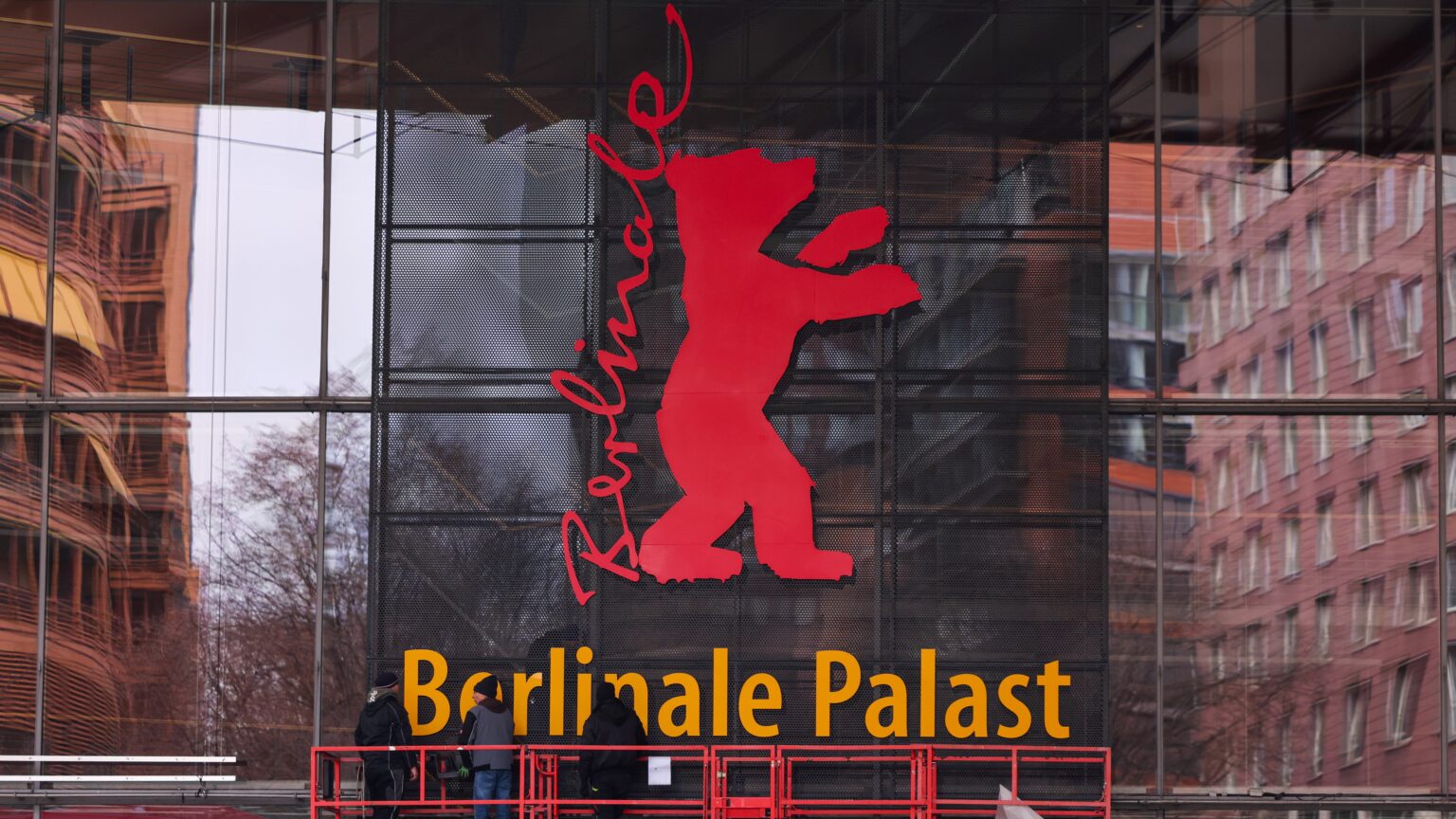
Fire in My Pocket, an animated short by Hungarian filmmaker Janka Feiner, has been selected for the Generation Kplus competition at the 76th Berlin International Film Festival, bringing a visually inventive children’s story to one of Europe’s top festivals.
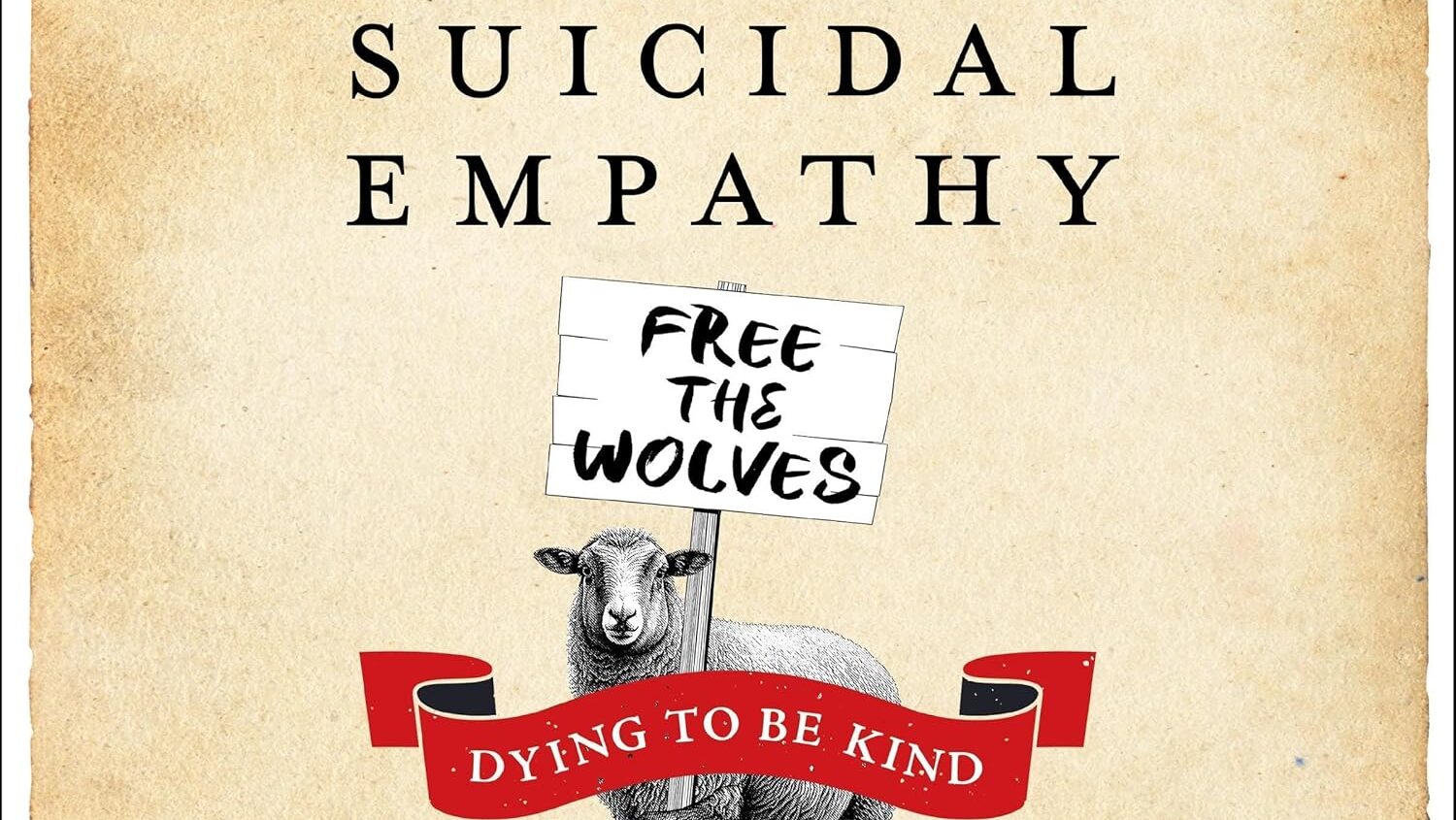
Canadian conservative philosopher Gad Saad has announced the launch of his sixth book, Suicidal Empathy: Dying to be Kind, now available for pre-order. In the book, Saad argues that ‘empathy politics’ has become a destructive force in the West, inverting moral priorities by protecting criminals over victims and privileging illegal migrants over citizens in the name of compassion.

‘It was not just another gesture to the Americans; it was a landmark event in getting back to the Western fold. It was about the Gulf War.’
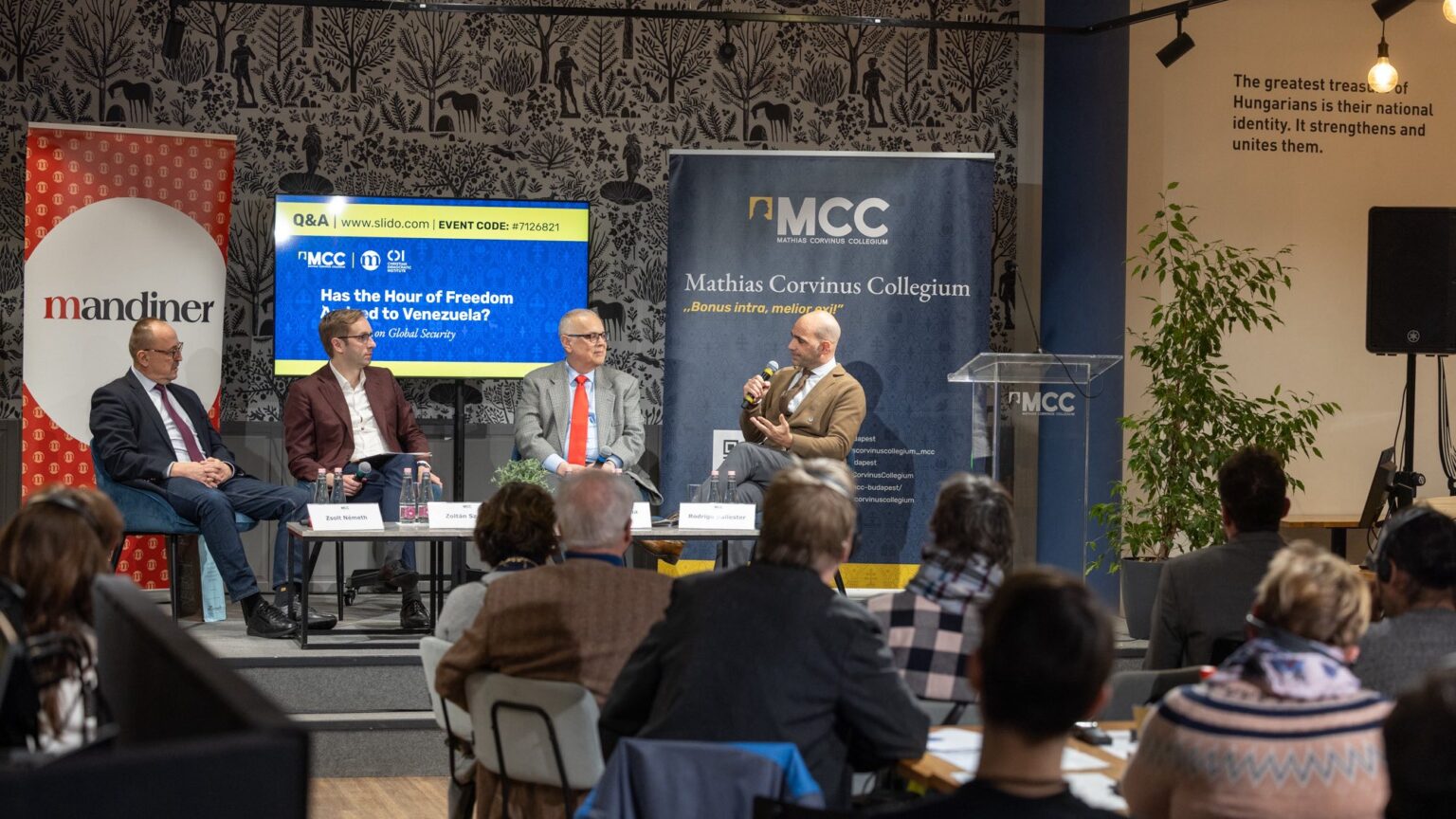
The US arrest of Venezuelan President Nicolás Maduro has sparked global controversy over sovereignty and interventionism. Budapest-based Mathias Corvinus Collegium organized a high-level panel featuring Venezuelan opposition figure Alejandro Peña Esclusa to examine the operation’s impact on Venezuela, as well as its regional and international implications.
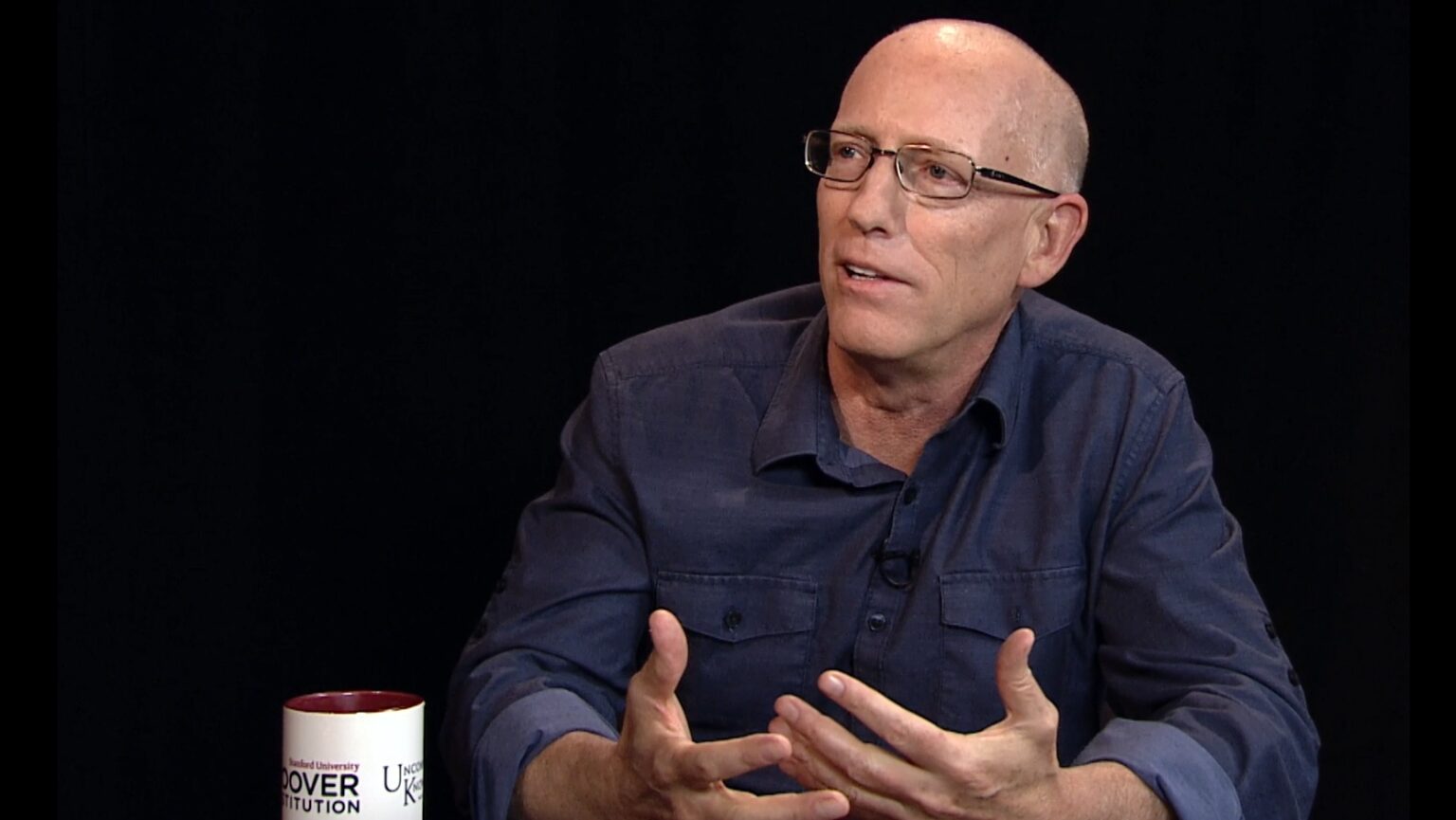
American cartoonist Scott Adams, best known for creating the Dilbert comic strip, passed away at age 68 after a long battle with cancer. He was one of the few major figures in entertainment who supported Donald Trump in the 2016 US presidential election. His ex-wife shared his last public statements, in which he wrote that he accepts Jesus Christ as his Lord and Saviour.

Martial artist Luana Márton and swimmer Hubert Kós were named Hungary’s Athletes of the Year at the Nemzeti Sport gala in Budapest. Márton won world championship gold in taekwondo in Wuxi, while Kós defended his men’s title with another victory in the 200-metre backstroke at the World Aquatics World Championships, this time in Singapore.

To mark 50 years since Agatha Christie’s death, BBC News has published a rare 1955 radio interview in which the famously private crime writer reflects on her childhood, writing habits, and the surprisingly simple routines behind her enduring mysteries.
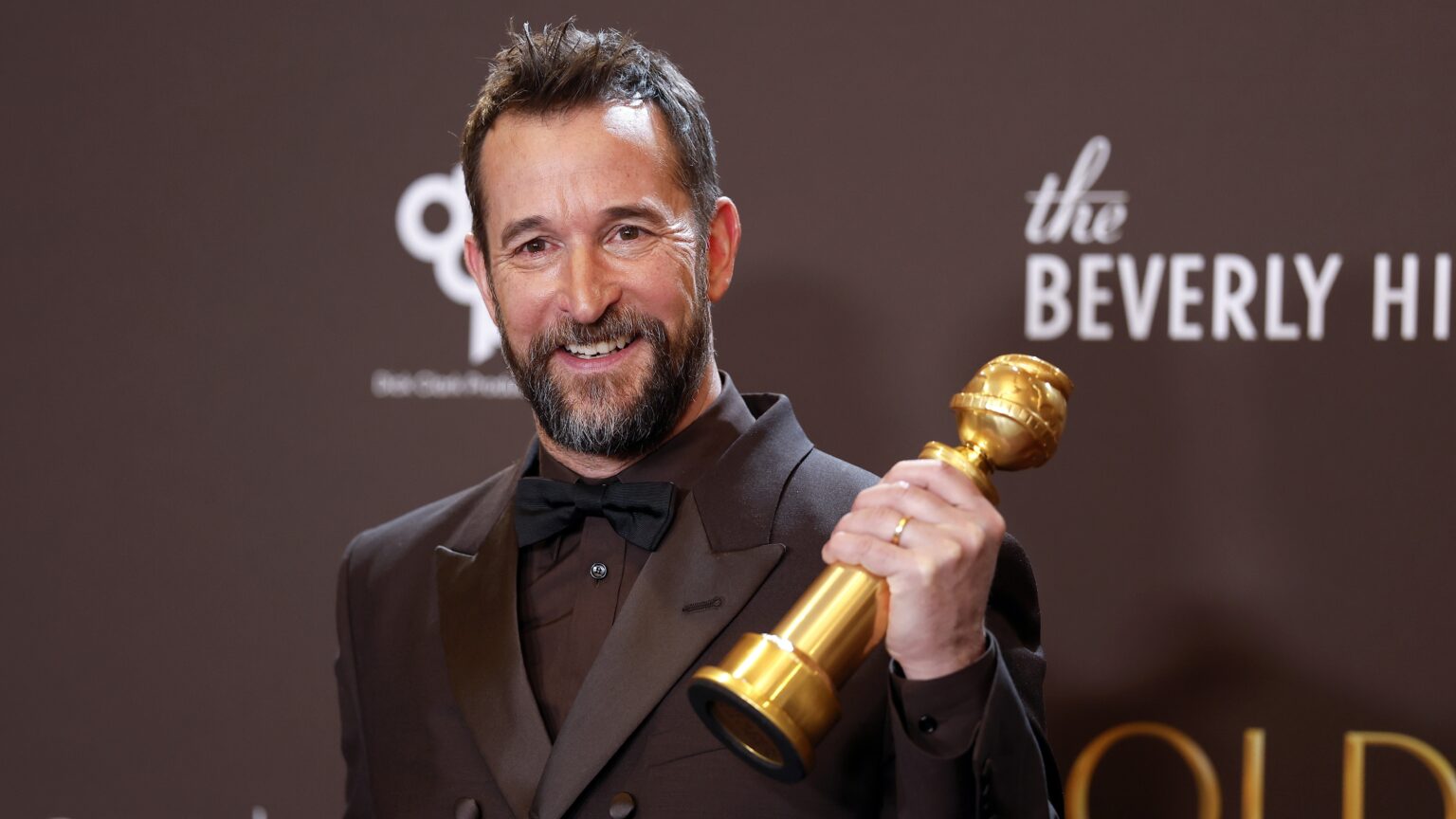
The 83rd Golden Globe Awards in Beverly Hills crowned a Leonardo DiCaprio-backed black comedy and the drama Hamnet as top films of the night, while The Pitt and The Studio led the television categories, setting the tone for the Oscar race ahead.
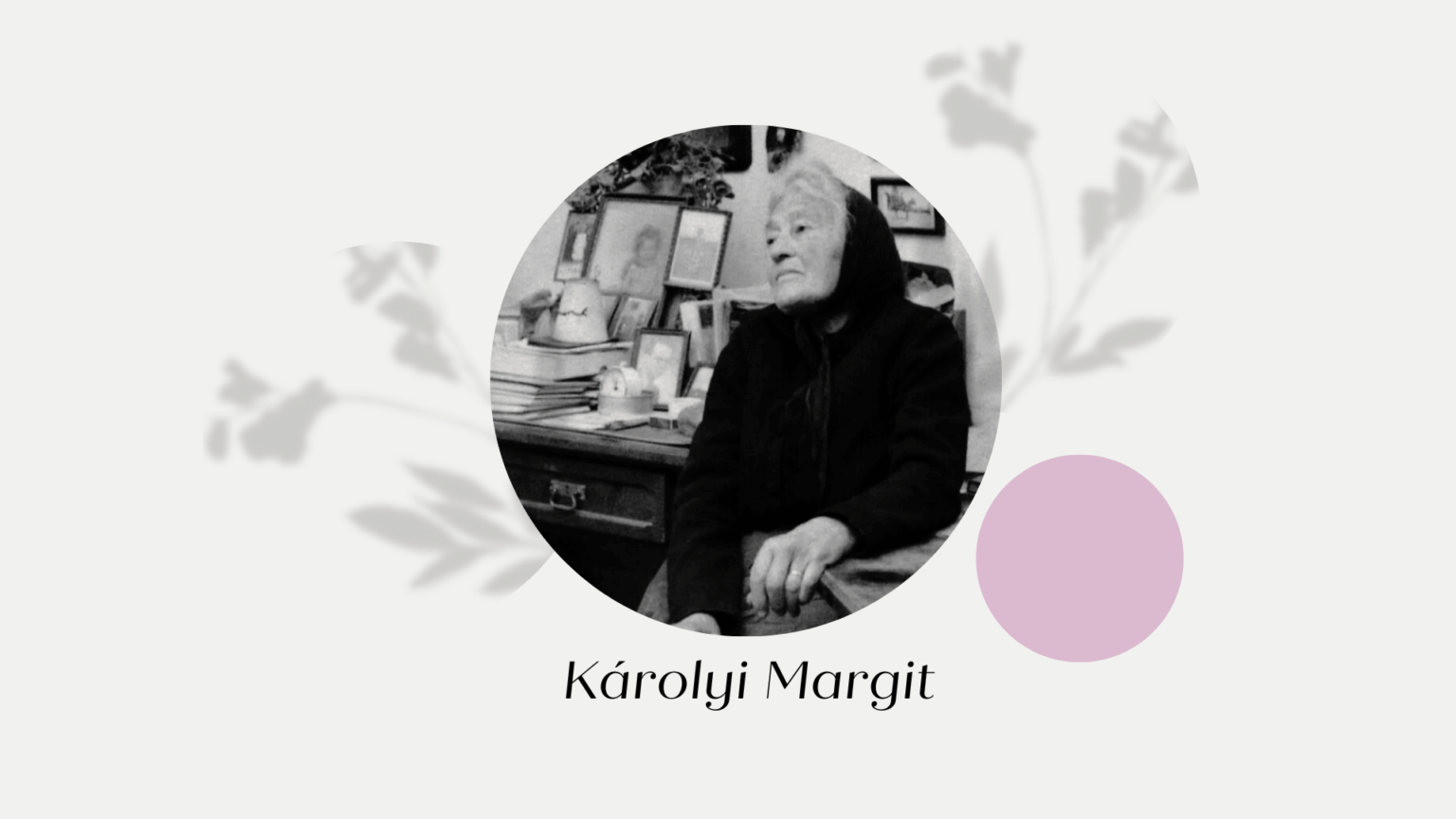
‘My grandmother was not a revolutionary; she was a lady of grace, but she treated everyone equally,’ Péter Esterházy wrote about his grandmother. A countess who lost her home, her two sons died, and her husband and daughter fled abroad—Mrs Margit Károlyi Esterházy lived in a monastic cell next to the family castle during the last years of her life.

‘It may come as a surprise, but the number of printed books is still growing today; there is a demand for them. Jorge Luis Borges writes that when he received the Brockhaus Encyclopedia as a gift, he was already blind, but he enjoyed feeling the volumes, having them there beside him. Books are meant to be felt, not just read.’
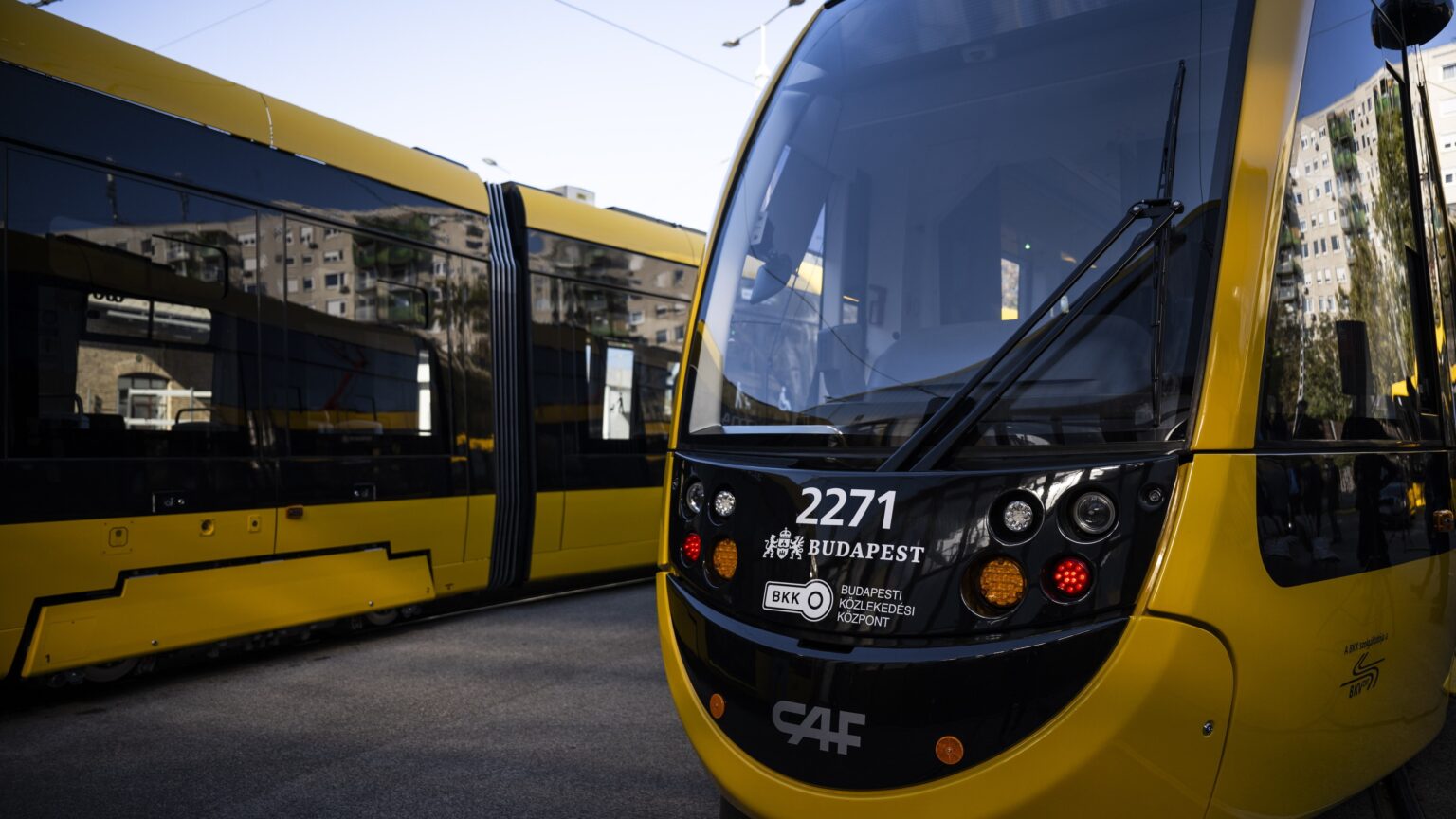
Budapest has placed its 26th new CAF tram into passenger service after successful test runs and official approval. The modern, low-floor vehicle will mainly operate on tram line 3, further improving comfort and accessibility in the capital.

Two cute polar bear cubs were caught on camera enjoying their first snow at the Sóstó Zoo in Nyíregyháza, Hungary. A brief clip of the two of them playing has received over 109,000 likes on X within a day.
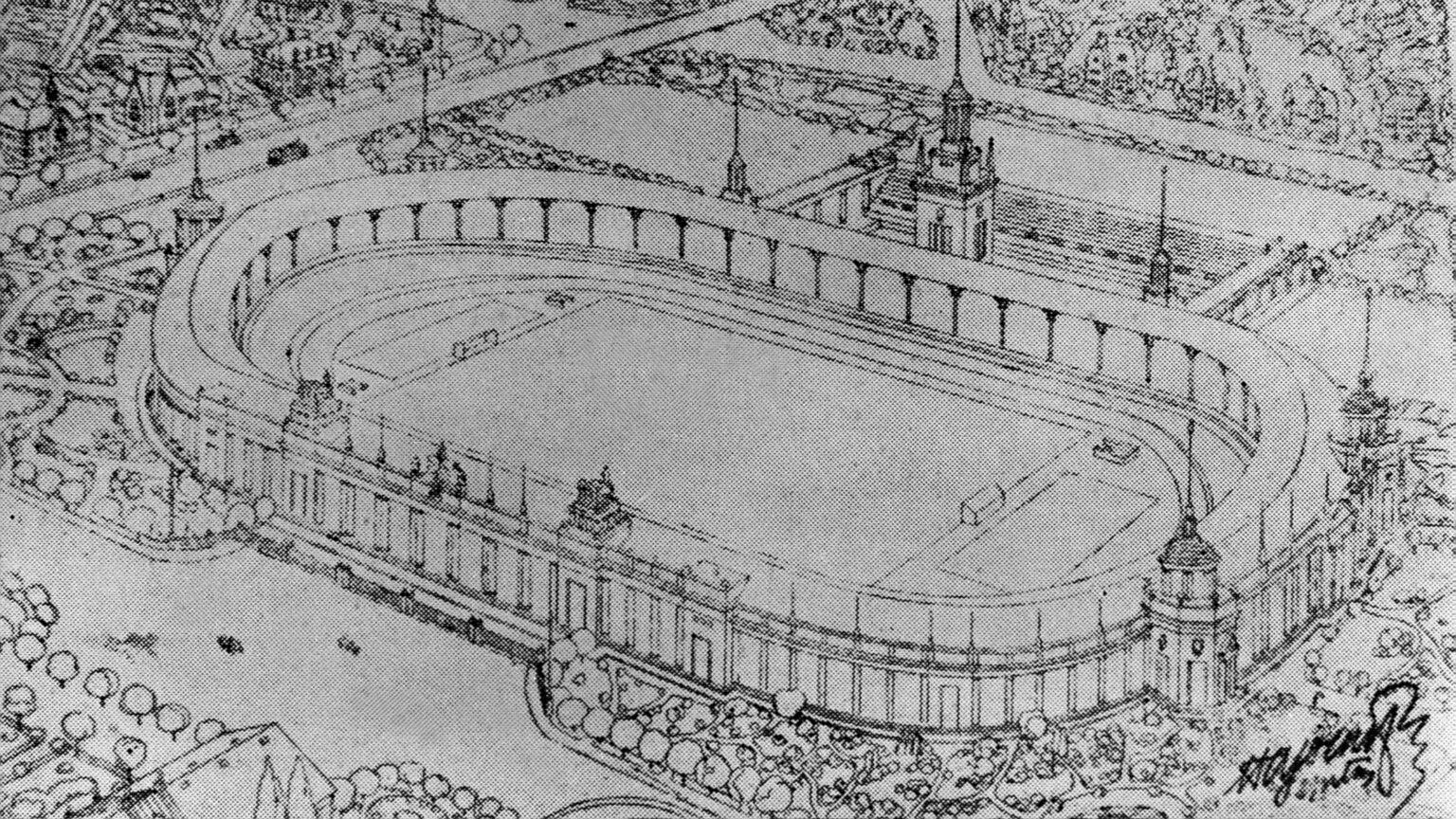
From 1 January 2026, the works of Albert Einstein, Thomas Mann and hundreds of other authors and artists can be freely used, as copyright protection expires 70 years after the creator’s death, Hungary’s Intellectual Property Office said.

Béla Tarr, one of the most influential figures in Hungarian and international cinema, has died at the age of 70 after a long illness. Renowned for films such as Sátántangó and Werckmeister Harmonies, his work reshaped modern film language.

A new film about a young, ambitious woman suddenly becoming the governor of a state just to be pushed out by the evil scheme of her husband, Ella McCay, grossed just $4.5 million in the box office against a $35 million budget. This prompted Disney to cancel its international premiere in France due to a lack of interest.